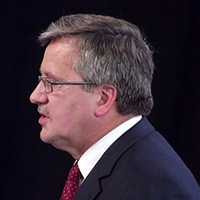
Late last month, more than a decade of indecision over the so-called Southern Gas Corridor linking Caspian reserves to European Union markets finally came to an end with the selection of the Trans-Adriatic Pipeline (TAP) by the Shah Deniz consortium of gas producers in Azerbaijan. TAP was selected over the much more widely recognized and operatically named Nabucco pipeline, which had captivated the energy industry and shaped the geopolitics of the Black Sea-Caspian region for years. Shah Deniz consortium members, which include BP, Statoil, Total and Azerbaijan’s national energy company SOCAR, insist that the selection was based almost entirely on […]















